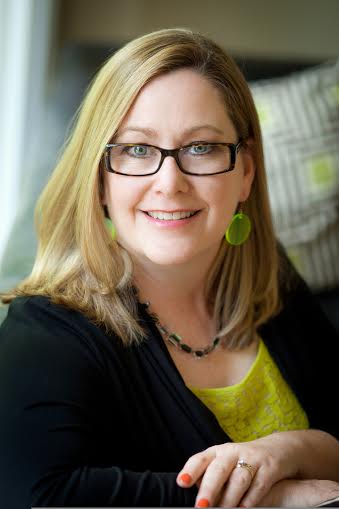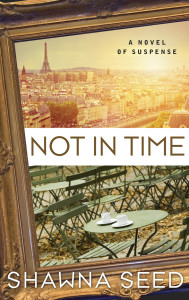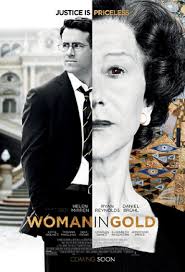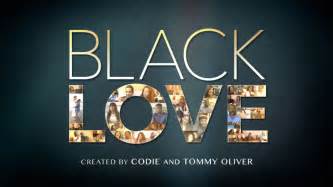Mysteries, paranormal, historical fiction, comedy, horror or classic lit: No matter what the genre, the act of reading can inform, entertain or transport us to another time and place.
The skill set required to create meaningful plots, vivid locales and memorable characters, as well as assembling those elements into a compelling novel, can be a hard one to achieve, so as an avid reader and certified bookworm, I was happy to learn of, and connect with, the work of Dallas-based editor-turned-author, Shawna Seed.
 Seed is a Kansas native with a long journalism career including Colorado’s Daily Camera, The Dallas Morning News and ESPN.com, Seed’s first novel, the self-published and critically-acclaimed mystery, Identity, was released in 2013 and quickly followed by her latest book, Not In Time, a story that follows an art historian named Genevieve who’s been hired to help a family recover stolen art from the World War II era.
Seed is a Kansas native with a long journalism career including Colorado’s Daily Camera, The Dallas Morning News and ESPN.com, Seed’s first novel, the self-published and critically-acclaimed mystery, Identity, was released in 2013 and quickly followed by her latest book, Not In Time, a story that follows an art historian named Genevieve who’s been hired to help a family recover stolen art from the World War II era. 
While following the clues and uncovering the truth, Genevieve also contends with potential romance, a relative’s haunting past and disembodied flashbacks that test her sanity and threaten to endanger everyone involved.
Recognized as one of “Top Ten Haute Young Authors” during SMU’s 6th Annual Literati Awards last month, Seed spoke recently by phone about the process of writing Not In Time and her motivation in creating it.
“The story is meant to be fictional entertainment, but Time is also about the serious subject of looted art,” she says. “It’s important to bring awareness because there’s an estimated 100,000 pieces of artwork from that time [around 1940-1941] that’s remained lost or unaccounted for.
“The legal barriers people have to surmount to even pursue these cases is incredible, because most of the documentation was either lost or destroyed,” she continues. “And since families were all but wiped out or forced into concentration camps, governments and museums are dealing with claims from cousins twice removed that don’t have wills or direct knowledge of what was lost.”
 The dilemmas created for the already-traumatized families and survivors is explored in Helen Mirren’s latest film, Woman in Gold. Based on a true story, Mirren’s character, Maria Altmann, sued the Austrian government to recover a Gustav Klimt portrait of her aunt that was stolen by the Nazis. That famous case is also alluded to within the pages of Time, as well as the personal angst and quest for justice that reverberates through time from one generation to the next.
The dilemmas created for the already-traumatized families and survivors is explored in Helen Mirren’s latest film, Woman in Gold. Based on a true story, Mirren’s character, Maria Altmann, sued the Austrian government to recover a Gustav Klimt portrait of her aunt that was stolen by the Nazis. That famous case is also alluded to within the pages of Time, as well as the personal angst and quest for justice that reverberates through time from one generation to the next.
“I recently did a reading in Maryland of the book at a retirement center,” Seed says, “and it was interesting to speak of those experiences with people who actually survived WWII and lived through that era.”
These days, in addition to freelancing, Seed is hard at work on finishing her third novel, a sister-centered tale entitled Boys I Have Dated.
It’s been a long journey from the first rough drafts that were cultivated at her family’s dining room table, and Seed readily acknowledges that crafting a quality novel requires a lot of time, research and “mental bandwidth.”
Her advice for other aspiring writers? Go ahead and write out the full manuscript, imperfect plot twists and all. “Otherwise,” she chuckles, “the temptation is there to perfect, re-write and revise into infinity without ever reaching the end.”





